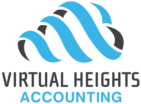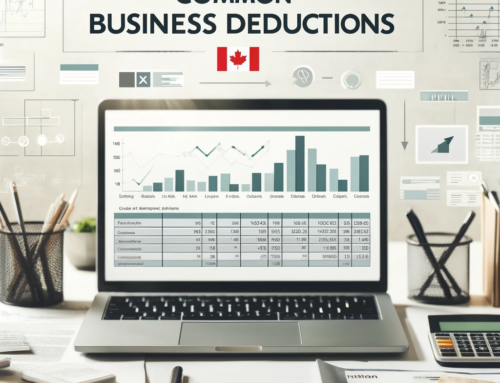Welcome to Virtual Heights Accounting, your trusted partner in navigating the intricate landscape of Canadian taxation. In today’s blog, we will shed light on the distinctions between self-employed and contract work for Canadians, offering valuable insights into what is needed to file returns efficiently.
Understanding Self-Employed and Contract Work
Before delving into the intricacies of tax filings, it’s crucial to understand the fundamental differences between being self-employed and working on a contract basis.
- Self-Employed
Individuals who are self-employed run their own businesses or work as freelancers. They are responsible for managing their business operations, acquiring clients, and handling all aspects of their work independently.
- Contract Work
On the other hand, individuals engaged in contract work are usually hired for a specific project or period. They work for a client under the terms outlined in a contract, with clear deliverables and timelines. These include what we refer to as gig workers.
Does the distinction matter for tax purposes? The answer is really no. Both individuals who consider themselves to be running a business or performing contract work (but are not employees) are required to complete a T2125 Statement of Business or Professional Activities for their personal tax returns. They will be taxed and pay both employer CPP and self-employment CPP on their personal income taxes.
We will say this again as it is very important. For tax purposes, there is no distinction between a small business owner and an individual engaging in contract work.
Business Structure
Self-employed individuals often operate as sole proprietors. Consideration may be given to incorporating, depending on the scale and nature of the business. There are both legal and tax considerations to be made in making that decision so please talk directly to a professional.
Income Reporting
Unincorporated sole proprietors and contract workers must report their income on the T2125 form, detailing revenue, expenses, and net income. Accurate record-keeping is crucial. The T2125 form is submitted as part of the personal tax return (T1). It helps to determine your total taxable income for the year. As a self-employed individual, you must report any revenue earned and expenses incurred to accurately calculate taxes owing or refunds due.
Deductions and Expenses
Various expenses related to the business, such as office supplies, equipment, and travel, may be deductible. It’s essential to keep meticulous records to claim these deductions.
Quarterly Installments
Self-employed individuals are required to make quarterly tax installments based on their estimated annual income. Failure to do so may result in penalties. The requirement is based on their taxes owed from the previous tax year and only for those who owed over $3,000 in personal taxes. Refer to the installment guide here.
GST/HST Considerations
Depending on the revenue threshold, individuals may need to register for and collect Goods and Services Tax (GST) or Harmonized Sales Tax (HST) on their services. If you are selling services to another country, you may also want to refer to this blog on charging GST/HST on remote work: https://vhaccounting.ca/2022/11/17/should-i-charge-gst-hst-on-my-remote-work/
Conclusion
An unincorporated sole proprietor and contract worker should report their income on their personal tax returns (on the T2125). They will be able to report revenue and deduct related expenses in calculating their net income. They should also be aware of their GST requirements and income tax installment requirements. As your business develops and grows, you should also consult professionals to determine if incorporating is right for you.





